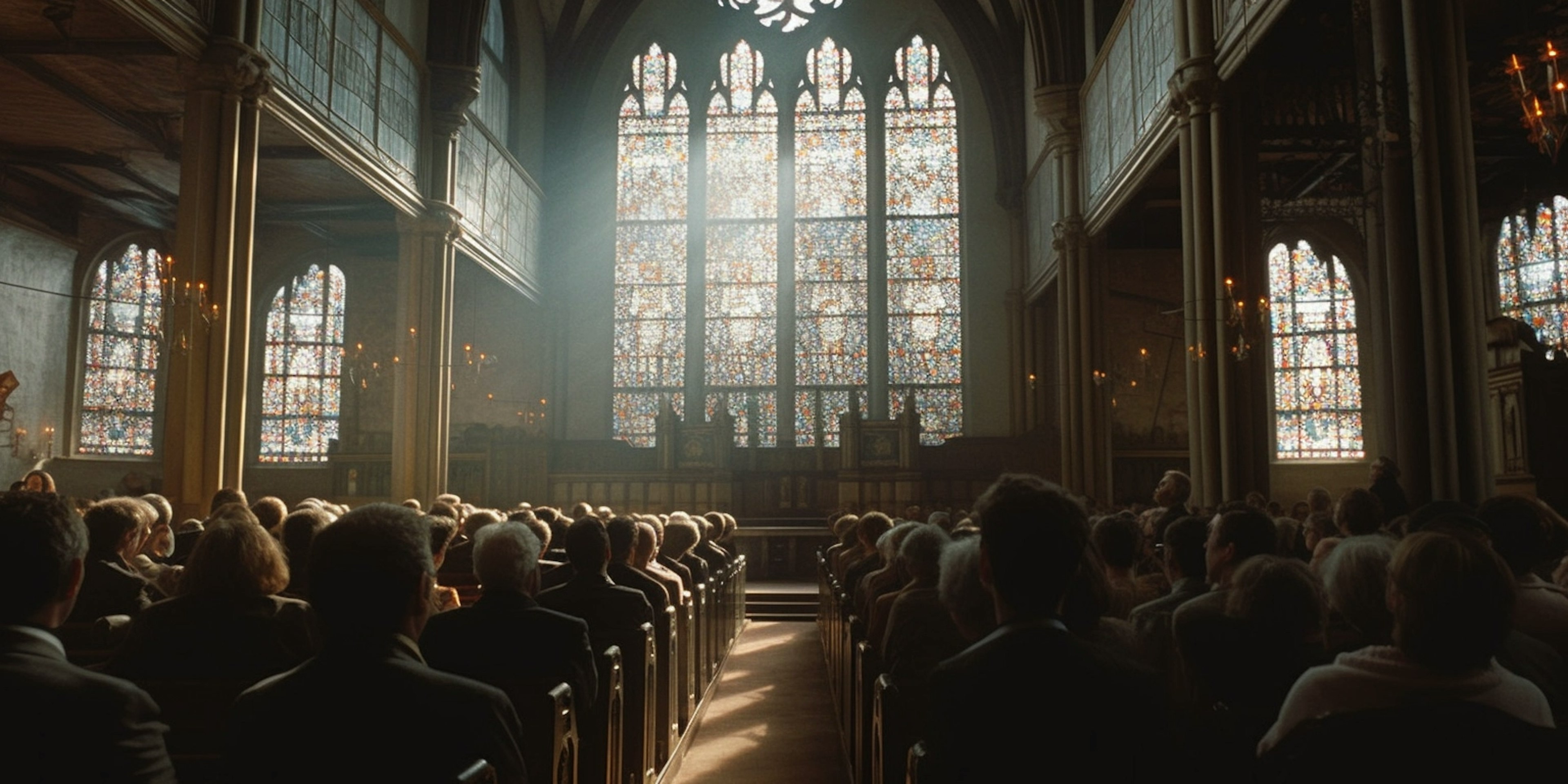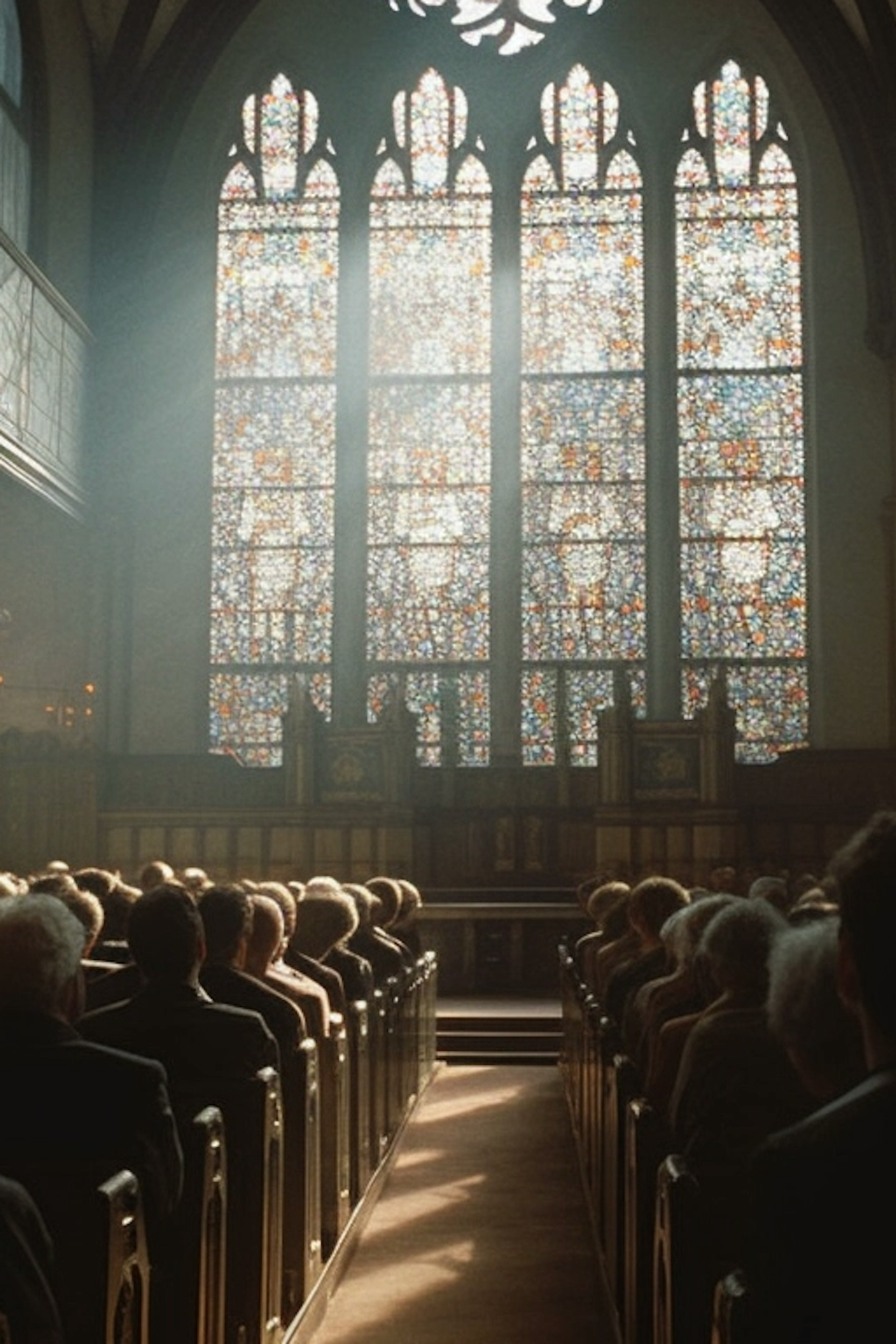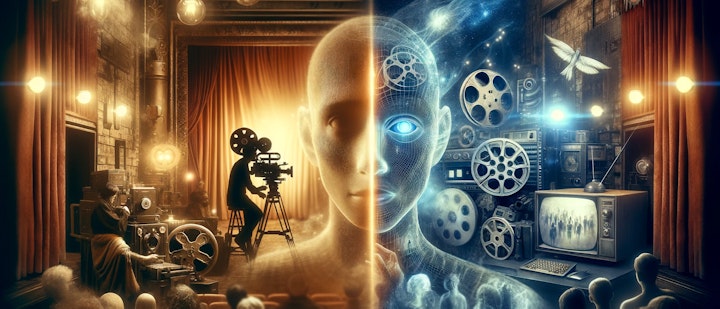Unveiling Cinema's Mastery: How Films Shape Our Emotions & Society
Part #2: Morality and Ethics in Film Narratives
Cinema has long been obsessed with the examination of morality, often blurring the lines between hero and villain, right and wrong. Think about the moral complexity in iconic films like 'The Godfather' or 'No Country for Old Men.' These narratives bring our own understanding of morality into question, urging us to dig beneath the black-and-white definitions of good and evil.
Film-makers like Martin Scorsese have perfected the art of drawing up morally liminal characters that make us question right and wrong. Their stories aren't just stories - they delve deep into the human condition, pushing us to confront our moralistic standpoints, even if it means coming to terms with a few prejudices.
In film narratives, context is one of the most important characteristics shaping our moral judgments. The backgrounds and experiences of the characters, along with the existing societal norms of their world, influence the decisions they make and the actions they take. This context adds shades of grey to the moral dilemma, instead of remaining simple black-and-white choices between right and wrong or good versus evil.
The cinematic exploration of good versus evil isn't just about pitching two opposing forces; it's about delving into the subtleties and details within them. Often, these moral extremes find depiction in films with a complexity that resonates with the audience at many levels, forging personal connections.
In most films, characters are not limitlessly good or evil but a balance of the two. This moral ambiguity makes them more relatable, more human. It compels the audience to empathize with characters they might otherwise disdain and to understand those they might have preferred to love unequivocally.
Cinema portrays morality with significant impact, ultimately shaping our societal perspectives. By presenting elaborate moral predicaments, films provoke us to reflect on and discuss ethics, justice, and the human condition.
The portrayal of morality in cinema is a potent means for reflection and discussion. It offers us a unique perspective for examining our values with respect to good and evil. As we step out of the darkened cinema and into our daily lives, the moral questions and dilemmas presented in these narratives continue to reverberate, prodding us to delve deeper into the corridors of the human spirit.





